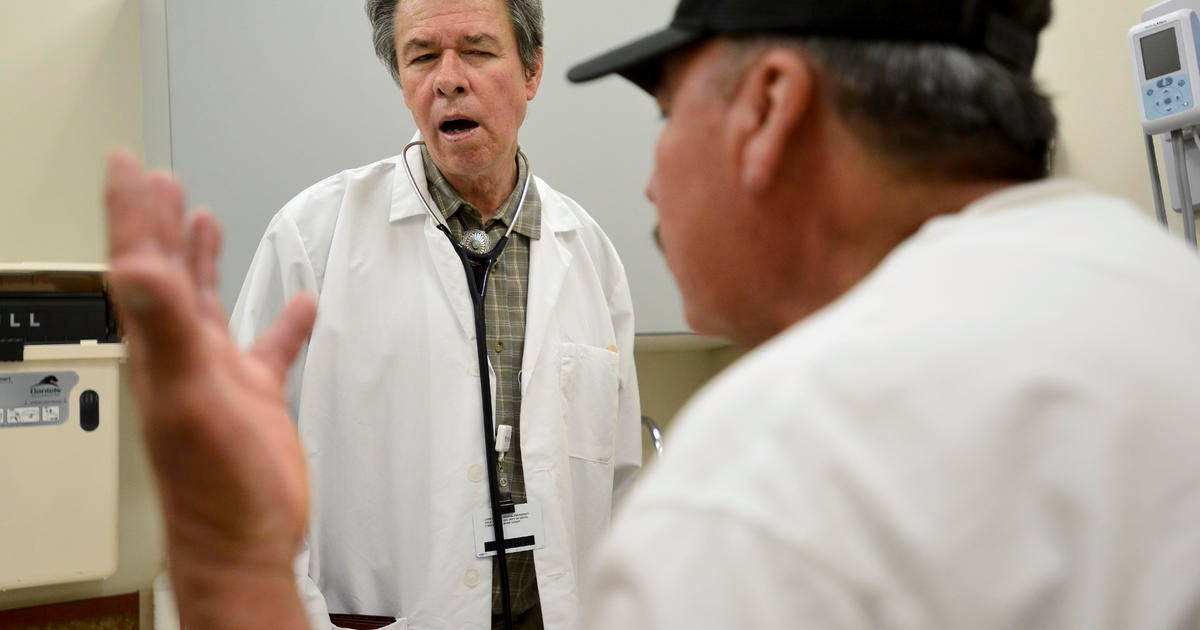Colorado's Healthcare Lifeline in Peril: Clinics Face Imminent Financial Collapse

Colorado's safety net healthcare providers are sounding the alarm as they face a critical financial crisis that threatens to dismantle essential medical services for vulnerable communities. These vital clinics are hemorrhaging millions of dollars annually due to uncompensated care, pushing them perilously close to shutting down critical healthcare access points.
The financial strain isn't sudden, but the result of a perfect storm brewing for years. Complex Medicaid policy changes and the relentless surge in healthcare costs have created an unsustainable economic environment for these crucial healthcare providers. Community clinics that serve low-income and uninsured populations are bearing the brunt of this systemic challenge.
Healthcare administrators warn that without immediate intervention, many safety net clinics could be forced to reduce services or close entirely, leaving thousands of Colorado residents without affordable medical care. The potential fallout extends beyond immediate healthcare access, potentially increasing long-term health disparities and economic burdens on local communities.
As the crisis deepens, healthcare leaders are calling for comprehensive policy reforms and increased financial support to preserve these critical healthcare lifelines that serve as the primary medical resource for many of the state's most vulnerable residents.
